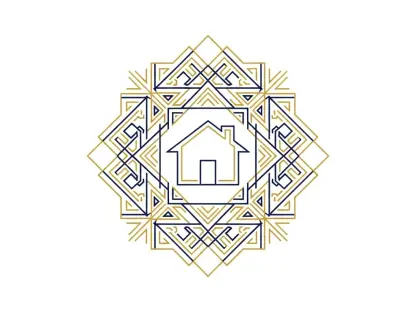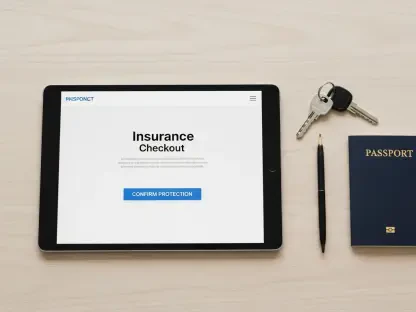In Nigeria, the challenge of making healthcare accessible remains a complex issue that resonates deeply within its communities. Despite various government efforts and schemes, the number of individuals paying out of pocket for medical services remains alarmingly high. This scenario is predominantly attributed to the inability of many, particularly those in rural and low-income areas, to afford insurance premiums. The disparity between awareness and actual enrollment in health insurance programs is a critical factor in this healthcare dilemma. The conversation has been revitalized by Chukwudi Njelita, the Chief Medical Director of Rock Foundation Hospital in Anambra State, who has put forward a proposal advocating for free and compulsory health insurance. This proposition aims to address the stagnant enrollment rates and ensure that healthcare becomes a fundamental right rather than a privilege for Nigeria’s growing population.
Barriers to Enrollment
Despite commendable awareness campaigns and governmental efforts to promote health insurance, several barriers continue to hinder widespread enrollment. One of the most significant obstacles is the profound poverty that plagues vast segments of the Nigerian population. Government initiatives, while well-intentioned, often fail to encompass non-civil servants, who represent the majority of the working population. This exclusion leaves these individuals vulnerable, devoid of any financial safety net in the face of medical emergencies. The financial requirement to extend health insurance coverage comprehensively is substantial; it is estimated that N4 trillion would be necessary to incorporate 140 million uninsured individuals under current schemes. This figure underscores the magnitude of the challenge yet highlights the urgent need for an inclusive approach to health insurance that leaves no demographic behind.
Financial Hurdles and Systemic Challenges
Nigeria’s healthcare system is grappling with rising costs that complicate the quest for affordable healthcare. Contributing factors to these escalating expenses include the prices of medicines, diagnostic tools, energy, and healthcare workers’ wages, which are worsened by volatile foreign exchange rates. These financial pressures weigh heavily on patients and endanger the viability of healthcare facilities, raising the risk of shutdowns unless promptly and effectively addressed. Mr. Njelita’s idea of free insurance offers a possible solution to ease these strains, highlighting the crucial role of government in tackling cost constraints faced by providers and ensuring patients receive essential care without financial burdens. Comprehensive support is essential for building a resilient and fair healthcare system that serves all citizens, regardless of economic status. Despite challenges, there is a pressing need for government intervention to drive change. By adopting measures aimed directly at overcoming financial and systemic obstacles, Nigeria can enhance service quality and keep facilities operational, moving towards sustainable healthcare for all.









